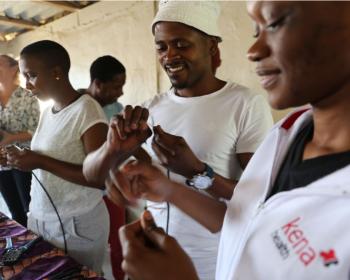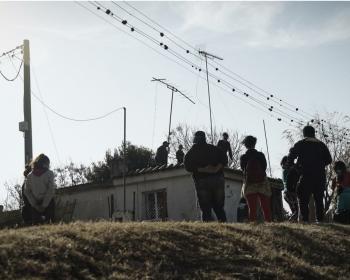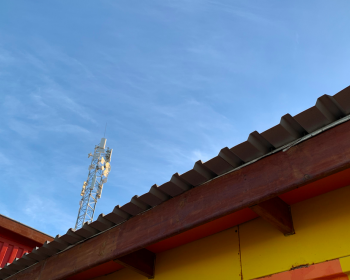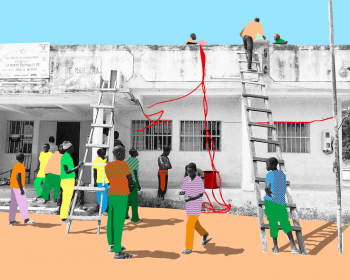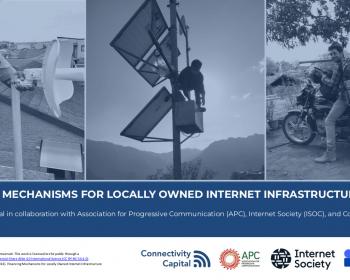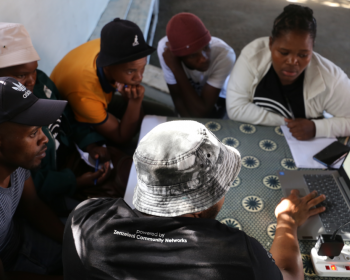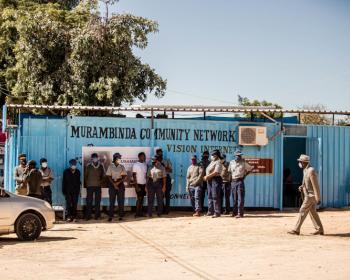Community-led digital inclusion
The National Schools of Community Networks are a collective capacity-building effort for the creation and development of community networks in five countries. This photo essay provides a glimpse into the special journeys of local communities making change happen to bridge the digital divide.
The Universal Service Fund – created precisely to subsidise the promotion of universal access to telecommunications services – should include community-led models, as recommended by ITU on several occasions, and advancing in countries such as Argentina, Malawi and Kenya.
A forum organised by the Communications Regulators' Association of Southern Africa brought together its member states to discuss the importance of community networks in providing universal services, and the policy and regulation measures needed to support them.
In the COVID-19 era, community networks became increasingly important in meeting the rising demand for affordable connectivity. In Kenya, where community networks are growing in size and number, there was a positive regulatory change in 2021. Read more in this piece from KICTANet.
Diverse stakeholders and government representatives are meeting to discuss complementary connectivity solutions and the next steps to address the country's and region's digital divide. To support the dialogue, APC and GIZ Cameroon present a new Policy Brief with recommendations.
This paper highlights the ever-increasing importance of access to electronic communications services in Cameroon and presents regulatory and operational recommendations to make the national environment more favourable to the development of community networks.
A new report featuring 11 case studies across 10 countries brings evidence that community-led initiatives are needed to bridge the digital divide, and examines how these network models can be financed sustainably. Discover why in this piece about the report’s launch and the inspiring experiences of two community networks, B4RN (UK) and Zenzeleni (South Africa).
A growing number of community networks and other community connectivity providers are connecting those who have historically been unserved or underserved by traditional internet service providers. This report analyses the operating models and financing mechanisms that can support their success.
Within the Partner2Connect Digital Coalition, APC was invited to be part of the "Empowering Communities" focus area lead. In that role, we have been highlighting the importance of commitment to policy, regulation and financial mechanisms to enable bottom-up and rights-based initiatives.
What does it take for communities to make change happen? Discover the elements that make it possible for community networks to emerge and enable rural development in Zimbabwe.

Association for Progressive Communications (APC) 2022
Unless otherwise stated, content on the APC website is licensed under Creative Commons Attribution 4.0 International (CC BY 4.0)



